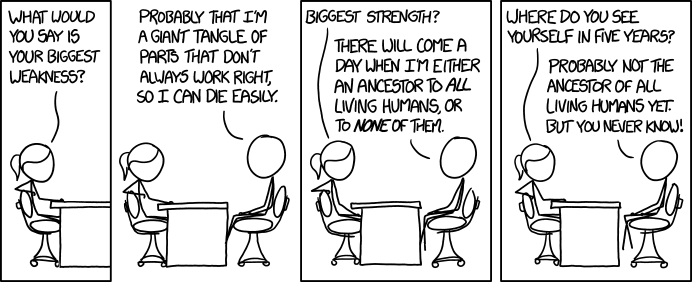
I chaired a breakfast meeting for Women in Data Science recently, and one of the topics for discussion was how to retain talent. While demand is outstripping supply and the market is going crazy, it’s enough of a minefield finding good people in the first place.
Add to this that even after you’ve made an offer to someone, recruiters will be contacting them regularly to try to tempt them away to other roles. It’s impossible to prevent this. I’m a big believer in not playing games with recruitment – I know what I can afford and won’t get into a bidding war. If I’m paying a fair salary and they go elsewhere for money, then they are more likely to jump when a recruiter calls regardless of how well you incentivise them. This isn’t a big company or small company thing, if you want to keep hold of your team after you’ve done the very hard job of hiring them then you need to understand what motivates them and either make sure that you continue to provide those needs or plan to be hiring again in the next 12-24 months. Continue reading Incentivising data scientists

